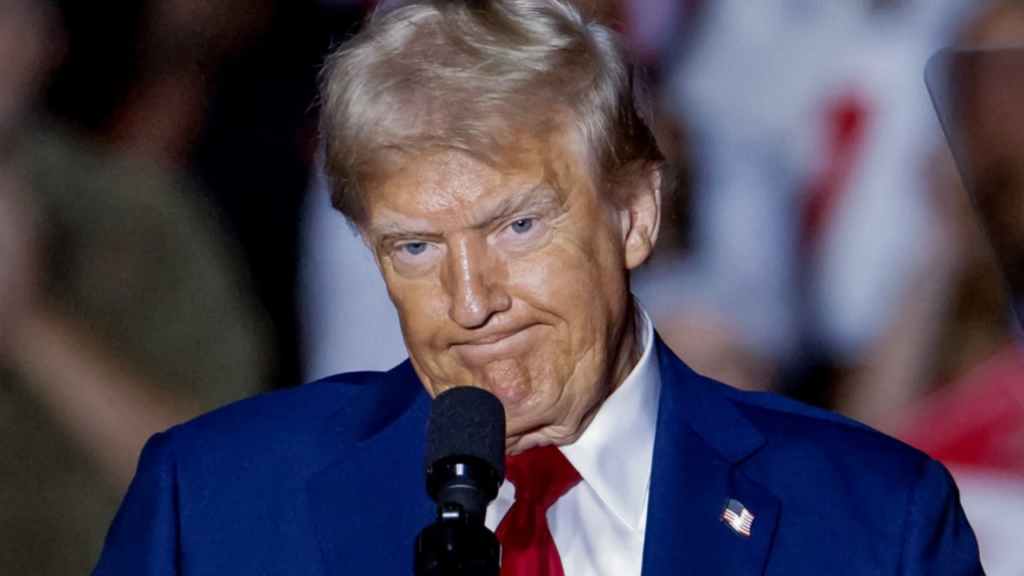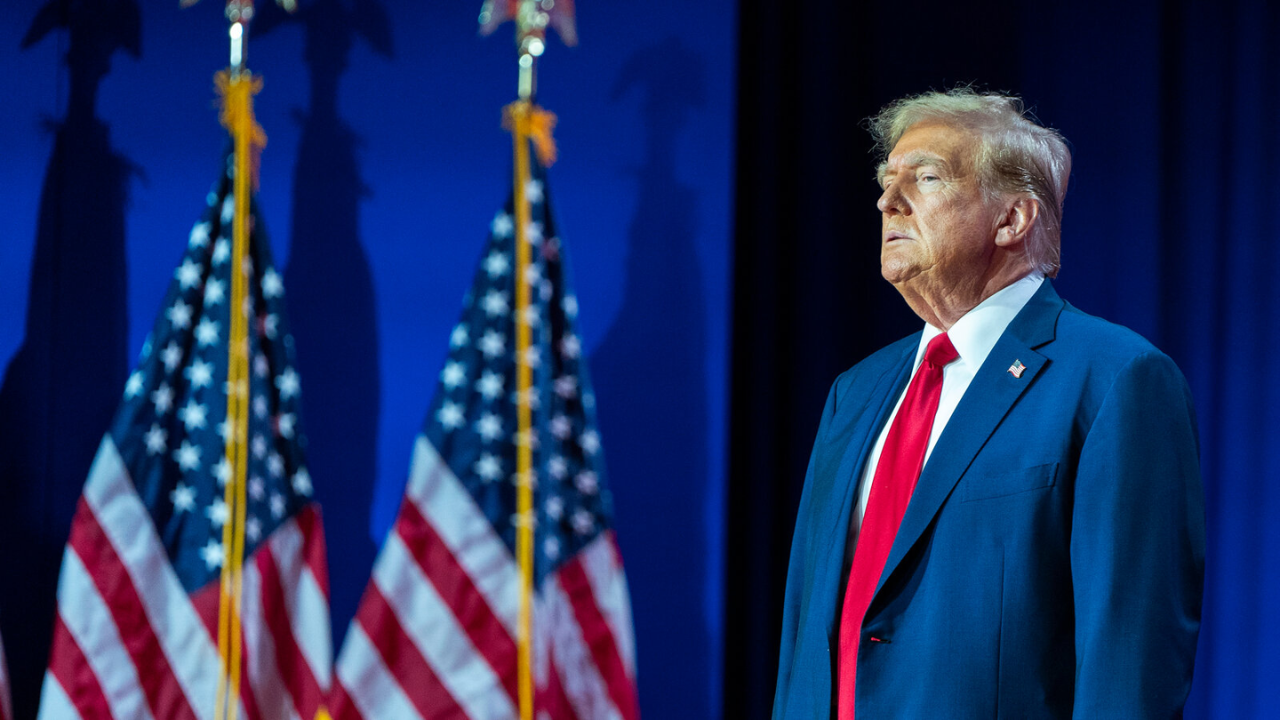Donald Trump has long been eager to launch a full-scale trade war with China — and now, in the early weeks of his second term, that’s exactly what he’s done.
For years, Trump has accused China of “ripping us off” and “taking advantage of us.” His solution? Slap massive tariffs on Chinese imports and reduce America’s reliance on Chinese goods. But despite the tough talk, signs suggest that the trade war may already be backfiring on the U.S.
Trump’s Latest Move: 245% Tariffs on Chinese Goods
Earlier this week, the Trump administration announced that certain Chinese products would now face tariffs of up to 245%.
The goal? Pressure China into making major economic concessions and striking a better trade deal with the U.S.
But that strategy doesn’t seem to be working.
Instead of responding with urgency, China’s President Xi Jinping has gone silent. According to CNN, Trump told his staff that Xi should be the one to initiate a call — and the U.S. won’t make the first move. Trump insists China “wants to make a deal” but just doesn’t know how.
He’s hoping for a grand agreement that includes more U.S. exports to China, a fentanyl crackdown, and a solution on TikTok’s ownership.
So far, though, Xi hasn’t picked up the phone. Instead, he’s been touring Asian countries like Vietnam, Malaysia, and Cambodia — a clear signal to the world that China has other, perhaps more stable, trade options.
The Reality of Reshoring: Harder Than It Looks

A major part of Trump’s trade war strategy is “reshoring” — moving manufacturing from China back to the United States. But is that realistic?
A new CNBC survey suggests it’s not. Most companies say tariffs alone won’t convince them to shift production to the U.S. And for those considering it, they’re more likely to turn to automation rather than hiring American workers.
Nearly half of the surveyed companies believe that reshoring would double their costs. Many also shared that if China becomes too expensive, they’ll likely move production to other low-cost countries rather than return to the U.S.
The report also cited the current administration’s lack of a consistent trade strategy as another reason businesses are hesitant to reshore.
Where Does the Trade War Go From Here?
In a recent episode of The Ezra Klein Show, the host spoke with renowned columnist Thomas Friedman about the future of the U.S.–China trade relationship.
Klein pointed out that the U.S. strategy has been full of mixed signals — one day, tariffs are in place; the next, electronics are exempt, only for the exemptions to be reversed later. It’s sending a message of unpredictability that rattles both businesses and foreign governments.
“What happens if you start a trade war with China and lose?” Klein asked — raising concerns that China could come out of this looking stronger while the U.S. gains nothing.
Friedman added another perspective: During the COVID-19 pandemic, many American business leaders left China and didn’t return.
As a result, America lost direct access to understanding China at a time when insights were crucial, weakening its position further.
Disclaimer- Our team has thoroughly fact-checked this article to ensure its accuracy and maintain its credibility. We are committed to providing honest and reliable content for our readers.






